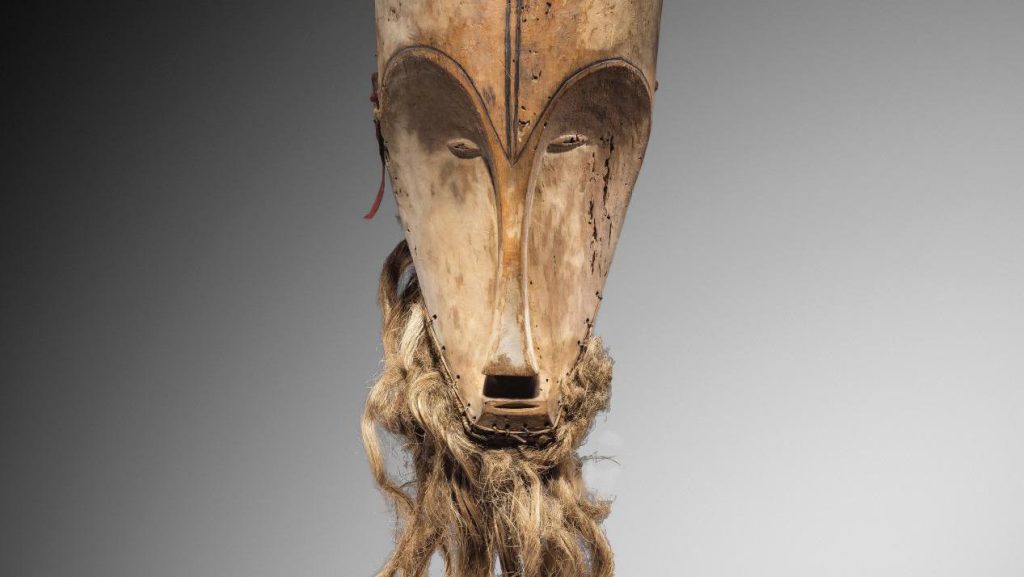In a legal twist, a second-hand dealer triumphs in retaining the €4.2m (£4.6m; $3.6m) proceeds from selling a rare Ngil mask discovered in the attic of an elderly French couple.
Called in to assist with the attic clearance, the couple sold the mask to the dealer for €150 (£129; $165). Despite their subsequent lawsuit, claiming they were misled about its value, the judge ruled in favour of the dealer, asserting the couple failed to comprehend the true worth of the artwork.
The Ngil mask, crafted by the Fang people of Gabon in the 19th Century, is one of merely around 10 in existence. Historically worn by members of the Ngil secret society to identify troublemakers, it has a unique and mysterious past.

Originally acquired around 1917 by René-Victor Edward Maurice Fournier, a French colonial governor and the plaintiff’s grandfather, the mask stayed within the family until the dealer’s acquisition.
The couple, seeking a share of the sale proceeds, alleged the dealer misrepresented the mask’s true value. The dealer, maintaining innocence, offered goodwill by initially valuing the mask at €300,000.
The judge, siding with the dealer, stated that the couple neglected due diligence in assessing the mask’s “historical and artistic” value. The dealer’s original offer’s current status remains uncertain.
Despite Gabon’s plea to halt the sale, asserting rightful ownership, the court dismissed the claim. Notably, Gabon was a French colony when Fournier acquired the mask.
This case sheds light on the broader issue of African art’s displacement during colonial times. With President Emmanuel Macron advocating for the restitution of African art, the debate over cultural heritage continues to gain prominence.


